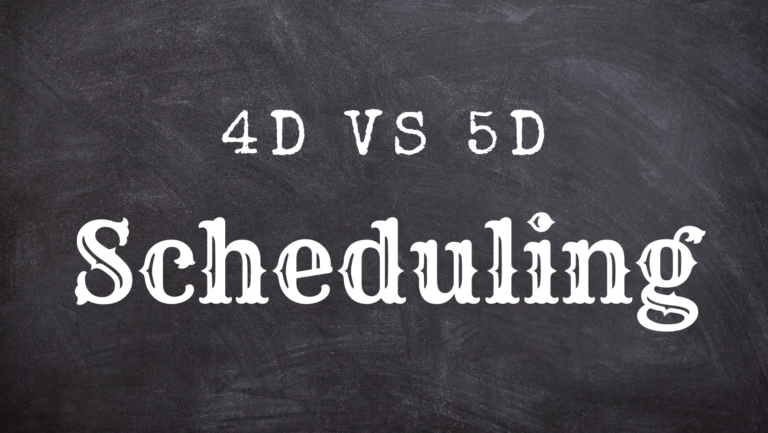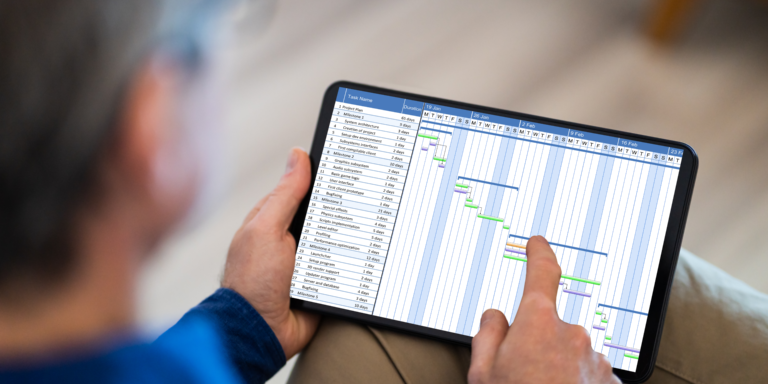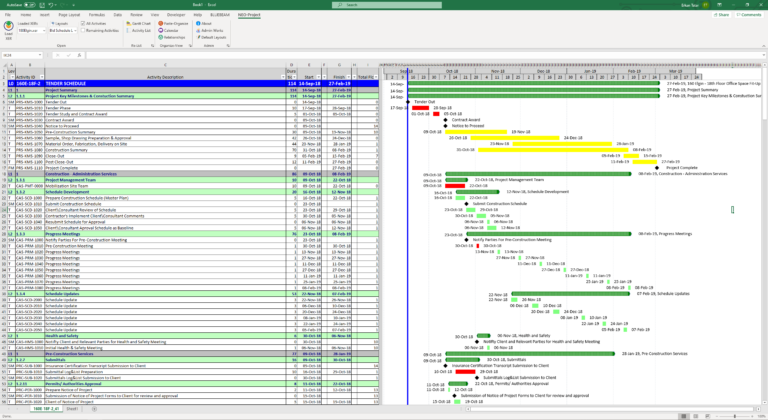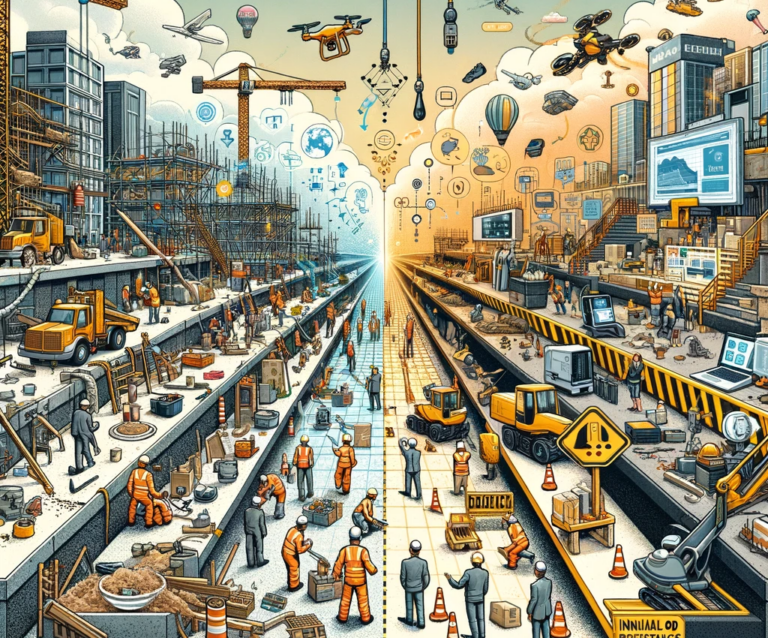How is Construction Technology Increasing Productivity?

Construction technology is making a significant impact in the construction industry. It is helping to increase productivity and make construction projects more efficient. There are many different types of construction technology that are being used today, and each one has its unique benefits. In this blog post, we will discuss some of the most popular types of construction technology and how they are helping to improve productivity in the construction industry.
1. Drones
Drones can quickly and efficiently take pictures and videos of construction projects. Their high-resolution cameras and the data collected by drones can help construction managers create 3D or topographical maps and models of construction sites. This information can be used to plan construction projects more efficiently and avoid potential problems.
They are also being used to inspect completed construction projects. By using drones, construction managers can quickly and easily check for any damage or defects that may have occurred during the construction process. This helps ensure that construction projects are of high quality and meet all safety standards.
They are used in delivering materials to construction sites. Drones can deliver small items such as tools and equipment to workers on a construction site, saving time and increasing efficiency. They can also transport more oversized items such as prefabricated parts and modules.
Drones are also being used to inspect construction sites for safety hazards. Their aerial perspective can help identify potential risks that ground-level inspections might miss. This will help keep workers safe from potential dangers, and projects are safe and up to code. They are proving to be a valuable asset for the construction industry, and their use will only increase in the future.
2. Construction Project Management Tools
Construction project management tools are software applications that help construction managers plan, execute, and track construction projects. These tools can manage all aspects of a construction project, from the initial planning stages to the completion. They help construction managers stay organized and efficient, and they can also help improve communication between all parties involved in a construction project.
By using these tools, construction managers can save time and money and make sure that projects are completed on schedule. Construction project management tools are essential for any construction manager who wants to be more productive and efficient.
3. Construction Scheduling Software
This is a type of construction technology that helps plan and manage construction projects. It can create project schedules, track project progress, and communicate with team members. Construction scheduling software is a valuable tool for construction managers and can help to increase productivity on construction projects.
This scheduling software increases productivity in the construction industry by helping to plan and manage construction projects more efficiently. Construction managers can save time and money on their projects by using this software, it can also help coordinate the different trades on a construction site. Construction scheduling software also allows for better communication between team members, further improving productivity.
4. Virtual Reality (VR)
Virtual reality is a computer-generated environment that allows users to interact with it realistically. VR can be used for training purposes, entertainment, or even architectural design. VR is being used in the planning stages of construction projects. It allows designers and architects to create virtual models of proposed buildings or structures. This allows for a better understanding of the project and can help to identify potential problems.
VR can also be used to create virtual simulations of construction sites. This helps construction managers to plan construction projects more efficiently and avoid potential issues.
Construction companies are using VR to train their employees to use new equipment or perform specific tasks. It allows workers to learn about safety procedures and how to use equipment without having to put themselves in actual danger. VR training is an effective way to train construction workers and increase productivity on construction sites.
VR can also be used to show clients what a construction project will look like when it is completed. This is a valuable tool for marketing and can help to increase interest in a construction project. This can help them make better decisions about the project and avoid any surprises down the road.
5. NEO-Project Toolbox
NEO-Project Toolbox helps manage construction projects by providing a platform for project information, communication, and collaboration. This is helpful because it allows the office and field to be connected and share information to all team members easily , enhancing smooth workflow and better bottom lines for all involved. This has increased collaboration while decreasing schedule delays.
NEO-Project Toolbox also has many features that help to improve productivity, such as task management, document management, and project tracking. By allowing documents and important project details to be accessible from a device anywhere. The add-in makes it easy for construction workers to stay on top of their projects and get work done more efficiently.
In addition, NEO-Project Toolbox allows construction teams to access their standard office programs. This is helpful because they don’t need to learn complex and difficult software’s This enriches detailed project tracking and management, making it successful and profitable. NEO-Project Toolbox is available as an add-in for Excel.
6. Building Information Modeling (BIM) Software
One of the most popular types of construction technology is Building Information Modeling (BIM) software. This software helps to create a digital model of the construction project. It can be used to plan and design projects and track progress and manage construction data. BIM software is helping to increase productivity in the construction industry by allowing for better planning and coordination of construction projects.
3D models and computerized building information modeling (BIM) can help architects with the design process by automating clash detection. In addition to this, it provides a complete picture for projects that may be complex or difficult during the planning stages because they offer an interior visualization. All stakeholders can clearly understand what is being built before work even begins on site.
BIM software is becoming mandatory on government construction projects as it helps to streamline the design process and improve communication between all stakeholders.
7. Artificial Intelligence
Artificial intelligence (AI) is one of the most popular types of construction technology. It is a form of computer science that deals with creating intelligent machines that can work and react like humans. AI is being used in many different ways in the construction industry, such as project management, construction planning, and quality control.
One of the ways that AI helps to improve productivity in construction is by increasing the accuracy of construction projects. When construction workers are using AI-powered tools, they can be sure that they get accurate information about the construction project. This means fewer mistakes are made and that projects are completed on time.
AI can help to speed up the completion time of construction projects by automating tasks and processes. For example, construction workers can use AI-powered robots to weld metal beams together. This can help speed up the construction process and reduce the amount of time it takes to complete a project.
AI also has many other benefits for the construction industry. For example, it can help improve safety on construction sites and reduce the amount of time and money spent on training new employees. Additionally, AI can help with marketing and sales by providing accurate data about potential customers.
8. Exoskeletons
An exoskeleton is a suit that helps to support the body and increase strength. It is often used in industrial and construction settings. Construction workers can use exoskeletons to help them lift heavy objects or to help them stay safe while working at heights.
Exoskeletons can help improve productivity by reducing the amount of time it takes to complete tasks. For example, suppose a construction worker uses an exoskeleton to lift heavy objects. In that case, they will be able to do so much more quickly than if they were doing it without the exoskeleton. Additionally, exoskeletons can help reduce the risk of injury on construction sites.
Finally, exoskeletons can help improve morale on construction sites, as they allow workers to feel more comfortable and supported while working. By helping construction workers to stay safe and by reducing the amount of time it takes to complete tasks, exoskeletons are helping to increase productivity in the construction industry.
9. Smart Infrastructure
This refers to the use of sensors to monitor structural strength and weakness. For example, if there is a crack in the foundation, the sensors will be able to detect it and send an alert to the construction workers. This type of technology can help improve productivity by reducing the amount of time spent on inspecting and repairing structures.
Smart infrastructure can also help to improve safety on construction sites. By detecting potential problems early, construction workers can avoid accidents and injuries. Additionally, smart infrastructure helps reduce the amount of time spent on repairs and maintenance.
These are some of the examples of how construction technology is increasing productivity. However, it is important to note that construction workers need to be adequately trained to use these technologies effectively. In addition, construction companies that embrace these new technologies will be able to stay ahead of the competition and deliver projects more efficiently than ever before. Technology can revolutionize the construction industry and increase productivity on construction projects.






